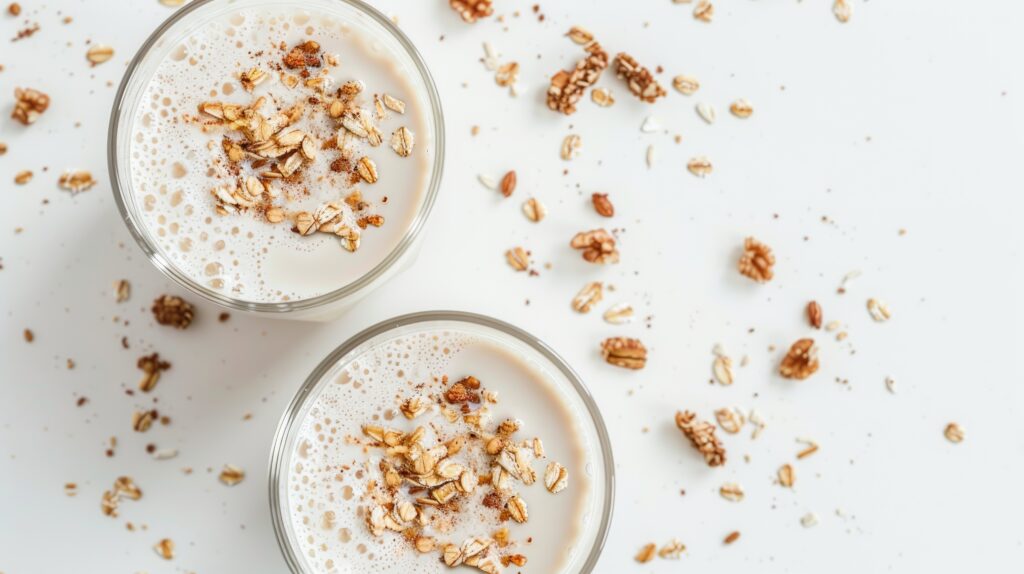Digestive Health
Why a Kefir Supplemented Diet Can Best Support Gut Health
Though kefir has been a rather popular beverage since the pre-medieval era in regions around the Caucasian mountains including east Europe, west Asia and Russia, it’s popularity almost entirely remained in that region. Other foods from the region such as hummus, olives, kebabs, etc. found their way into the western menu but kefir stayed away from the limelight. This was primarily because of the time-consuming and traditional way in which it was manufactured at homes and the product tasted moderately sour or even acrid having a mild effervescent texture.
The taste varied according to the type of milk used (from cow, sheep or goat), the fat content of the milk and the temperature at which it was set/cultured. This did not make it easily adoptable by the milder palette of the west.

Today as science researches more into kefir and opens our eyes into its multitudinous benefits, it is being made easily available for our consumption as pre-made, milder tasting kefir through grocery outlets. In addition, kefir grains are also available commercially to start your own milk kefir culture and kefir drink at home. Among the many merits of a kefir supplemented diet is said to have, one of the most touted is that it benefits gut flora which is so fundamental to optimal human health.
How much of this belief is really media hype? Several studies of which two basic ones are outlined here to show that consumption of milk kefir is indeed one of the best things you can do for your intestinal health which in turn offer some great spin-off benefits! Let us look at what the studies have to say about a kefir supplemented diet:
Study 1:
Intestinal Beneficial Effects Of Kefir Supplemented Diet. Department of Environmental Sciences, Universidad Pública de Navarra, Spain – July 2007
This 2007 Spanish study aimed at examining exactly what the effects of kefir consumption were on enzymes and proteins that were present in the intestines.
Based on the results of this study, researchers safely propounded that adding kefir or having a kefir supplemented diet would benefit protein digestion in humans since our meals include good portions of animal proteins like egg, milk, meat etc. Better protein breakdown and assimilation was possible due to the increased intestinal dipeptidase (an enzyme that breaks down amino acids in proteins). They also put forward that a kefir supplemented diet would benefit our basal glycemic index because the intestinal sugar-dependent uptake is significantly reduced.
Study 2:
The Anti-Allergenic Properties Of Milk Kefir And Soymilk Kefir And Their Beneficial Effects On The Intestinal Microflora. National Taiwan University – October 2006
This study aimed at establishing a relationship if any, between the consumption of milk kefir and soymilk kefir to our allergen-specific response IgE as well as with intestinal microflora.
The team of researchers concluded that milk kefir and soymilk kefir may be among the more promising foods that help in improving gastrointestinal health. As is clear from the above cornerstone studies conducted on kefir, there is beneficial flora in kefir culture owing to the combination of yeast and bacteria. This makes for a healthy symbiotic gut microflora and it brings about better lactose tolerance. It keeps bowel movements regular due to its mildly laxative properties.
Including kefir in our daily diet would thus be beneficial not just to our gut flora but also offer us other health benefits that are a concern for many.
SOURCES
- Intestinal Beneficial Effects Of Kefir Supplemented Diet In Rats
- The anti-allergenic properties of milk kefir and soymilk kefir and their beneficial effects on the intestinal microflora
Like? Share with a friend!

